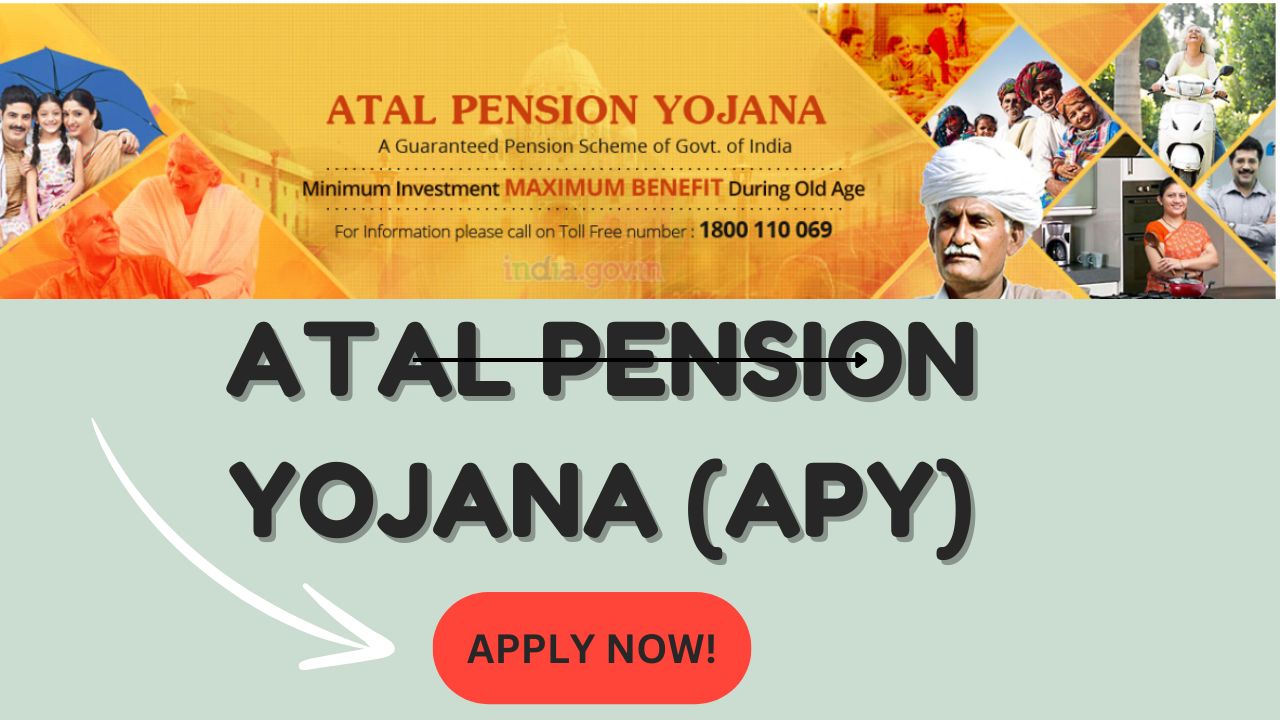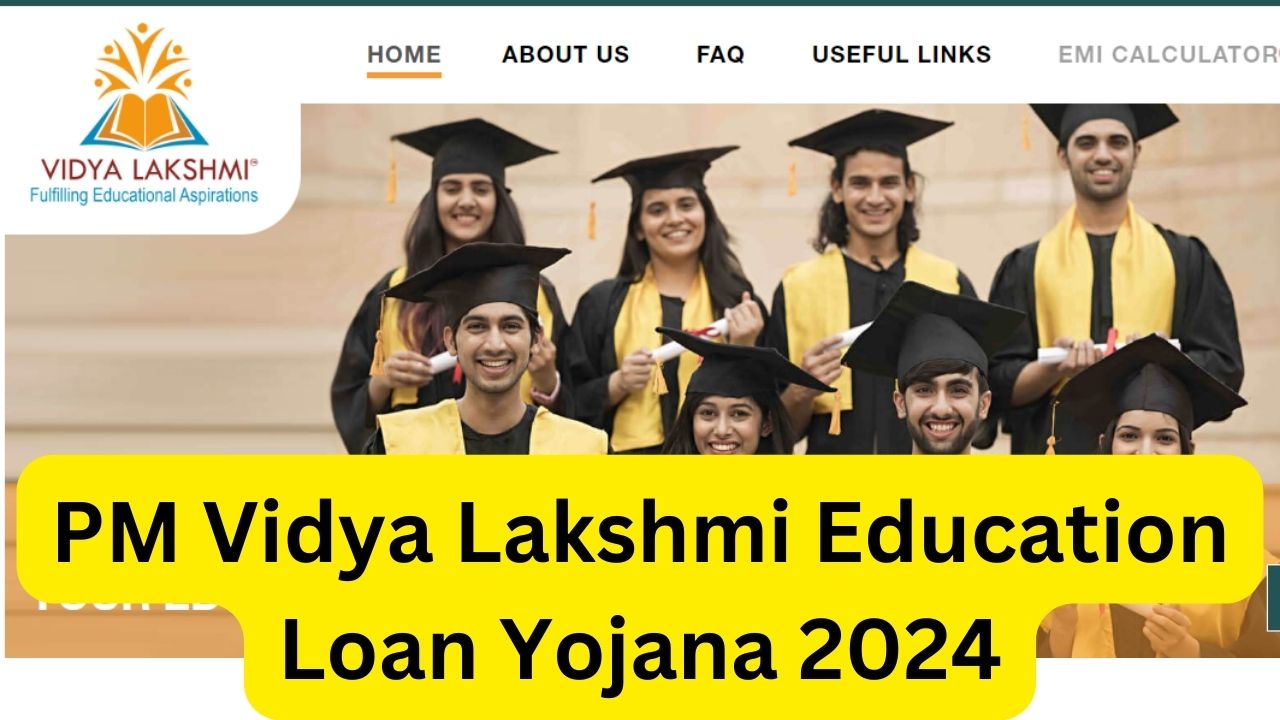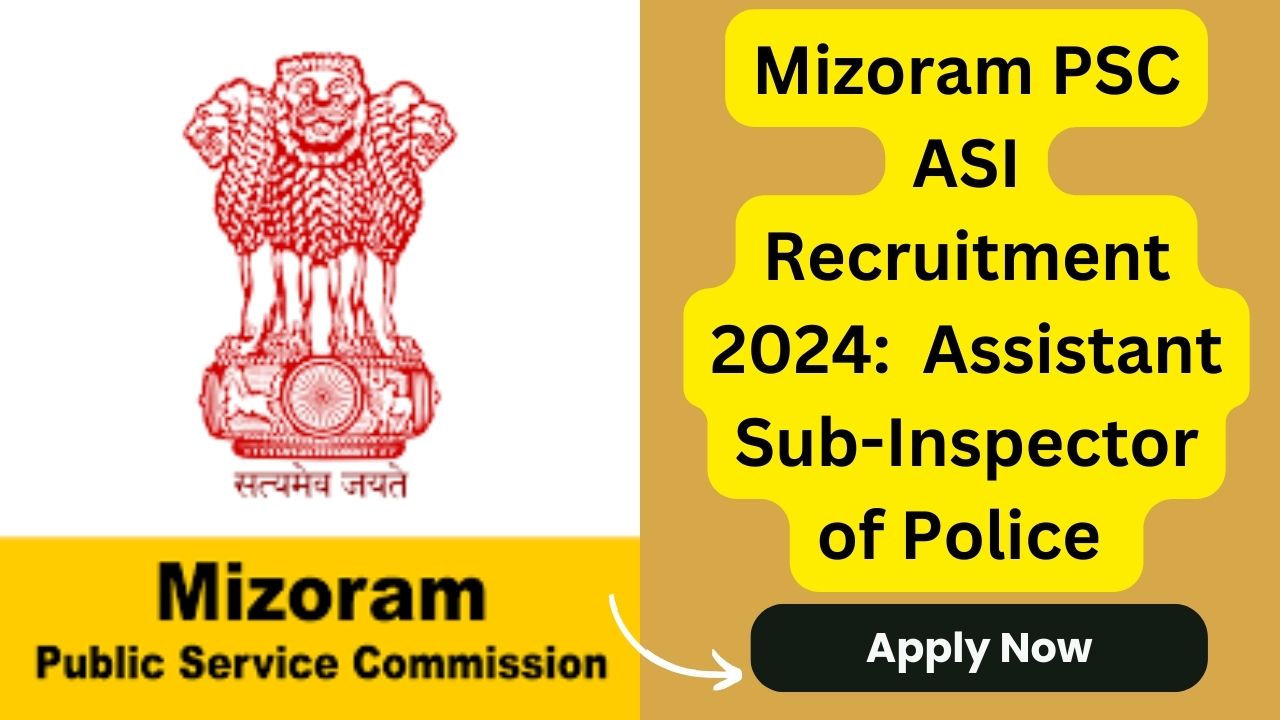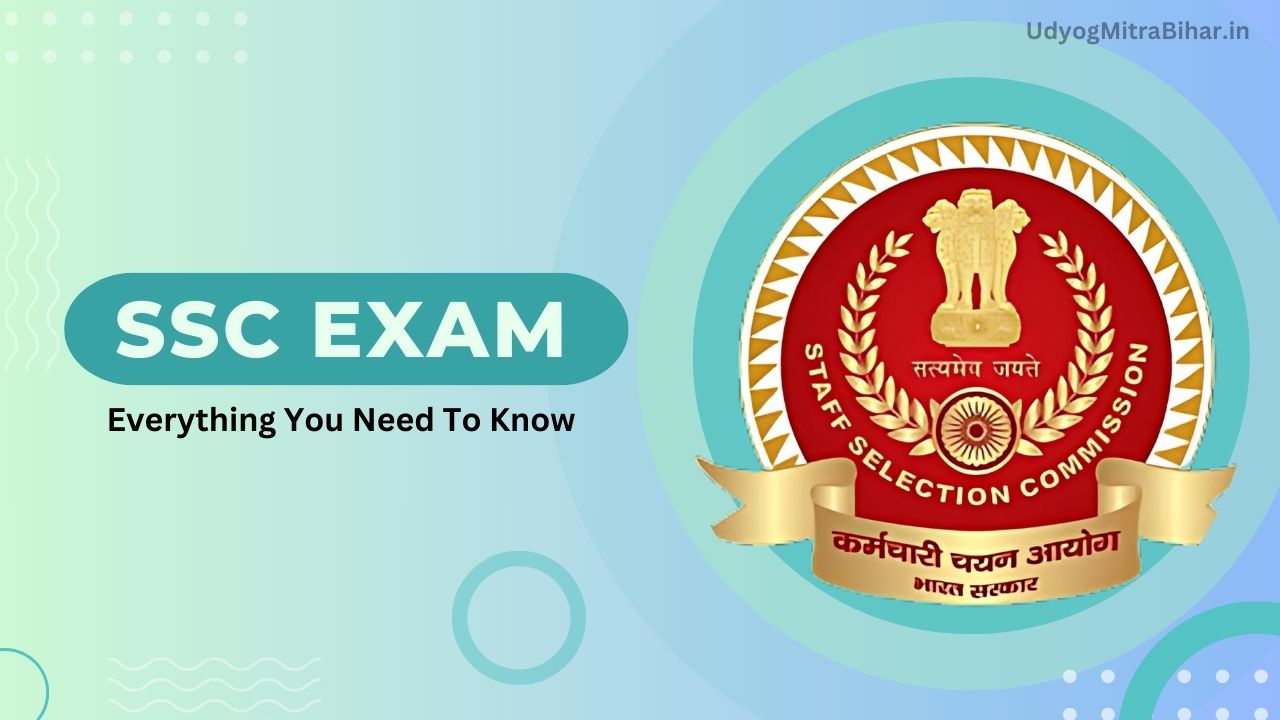Ladla Bhai Yojana Registration 2024, Check Eligibility, Stipend, Online Form and Required Documents
The ‘Mukhyamantri Yuva Kaushal Prashikshan Yojana’ initiated by the Maharashtra government is now known as the Maza Ladka Bhau Yojana Maharashtra 2024. Under this scheme, the government will provide financial assistance ranging from INR 6,000 to INR 10,000 to unemployed youths based on their educational qualifications. However, the government has set certain terms and conditions … Read more






